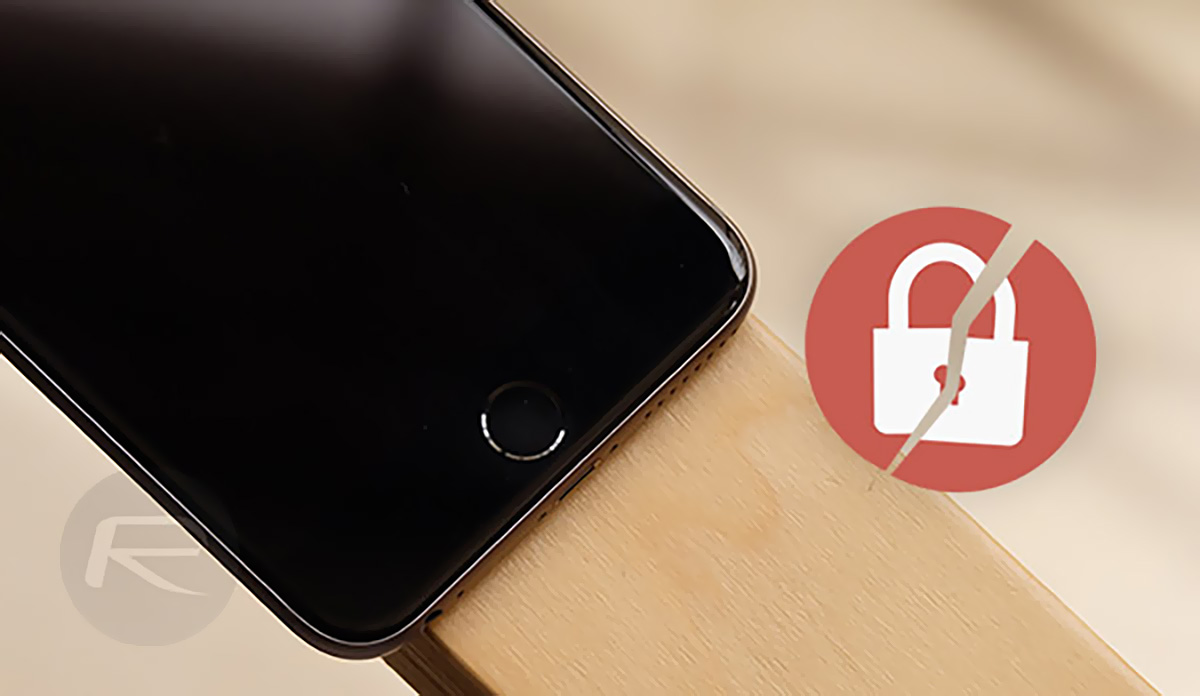A bill proposed by the US Senate could spell trouble for iPhone users and privacy advocates if it passes.
The reason for that is the fact it could require Apple and other smartphone makers to build a backdoor into their devices — something Apple has strongly refused to do in the past, despite pressure from law enforcement including the FBI.

Dubbed the Lawful Access to Encrypted Data Act, the bill would force any phone maker presented with a warrant to assist in the access of data, as pointed out by 9to5Mac. That would mean the likes of Apple having to build a backdoor into iPhones so it would be able to gain access to data, even though it’s encrypted.
Apple has already refused to build such a backdoor, and that’s what this bill is trying to force it to do.
A device manufacturer that sold more than 1,000,000 consumer electronic devices in the United States in 2016 or any calendar year thereafter, or that has received an assistance capability directive under section 3513, shall ensure that the manufacturer has the ability to provide the assistance described in subsection (b)(2) for any consumer electronic device that the manufacturer designs, manufactures, fabricates, or assembles; and intends for sale or distribution in the United States.

Subsection (b)(2) goes on to specify that the manufacture assistance must include:
Decrypting or decoding information on the electronic device or remotely stored electronic information that is authorized to be searched, or otherwise providing such information in an intelligible format, unless the independent actions of an unaffiliated entity make it technically impossible to do so.
While Apple does refuse to build backdoors into iPhones, it can and does hand over iCloud backups when forced to. Those backups aren’t encrypted, something Apple has come under fire for in previous cases.
Apple is in the middle of a privacy nightmare of its own as it plans to check iCloud Photos for known child abuse imagery with the arrival of iOS 15 — something privacy advocates are most concerned about.
You may also like to check out:
- Download: Windows 11 Build 22000.100 ISO Beta Update Released
- How To Install Windows 11 On A Mac Using Boot Camp Today
- iOS 15 Beta Compatibility For iPhone, iPad, iPod touch Devices
- 150+ iOS 15 Hidden Features For iPhone And iPad [List]
- Download iOS 15 Beta 5 IPSW Links And Install On iPhone And iPad
- iOS 15 Beta 5 Profile File Download Without Developer Account, Here’s How
- How To Downgrade iOS 15 Beta To iOS 14.6 / 14.7 [Tutorial]
- How To Install macOS 12 Monterey Hackintosh On PC [Guide]
- iOS 15 Beta 5 Download Expected Release Date
- Download: iOS 14.7.1 IPSW Links, OTA Profile File Along With iPadOS 14.7.1 Out Now
- Jailbreak iOS 14.7.1 Using Checkra1n, Here’s How-To [Guide]
- How To Downgrade iOS 14.7.1 And iPadOS 14.7.1 [Guide]
- Convert Factory Wired Apple CarPlay To Wireless Apple CarPlay In Your Car Easily, Here’s How
- Apple Watch ECG App Hack: Enable Outside US In Unsupported Country On Series 5 & 4 Without Jailbreak
You can follow us on Twitter, or Instagram, and even like our Facebook page to keep yourself updated on all the latest from Microsoft, Google, Apple, and the Web.

